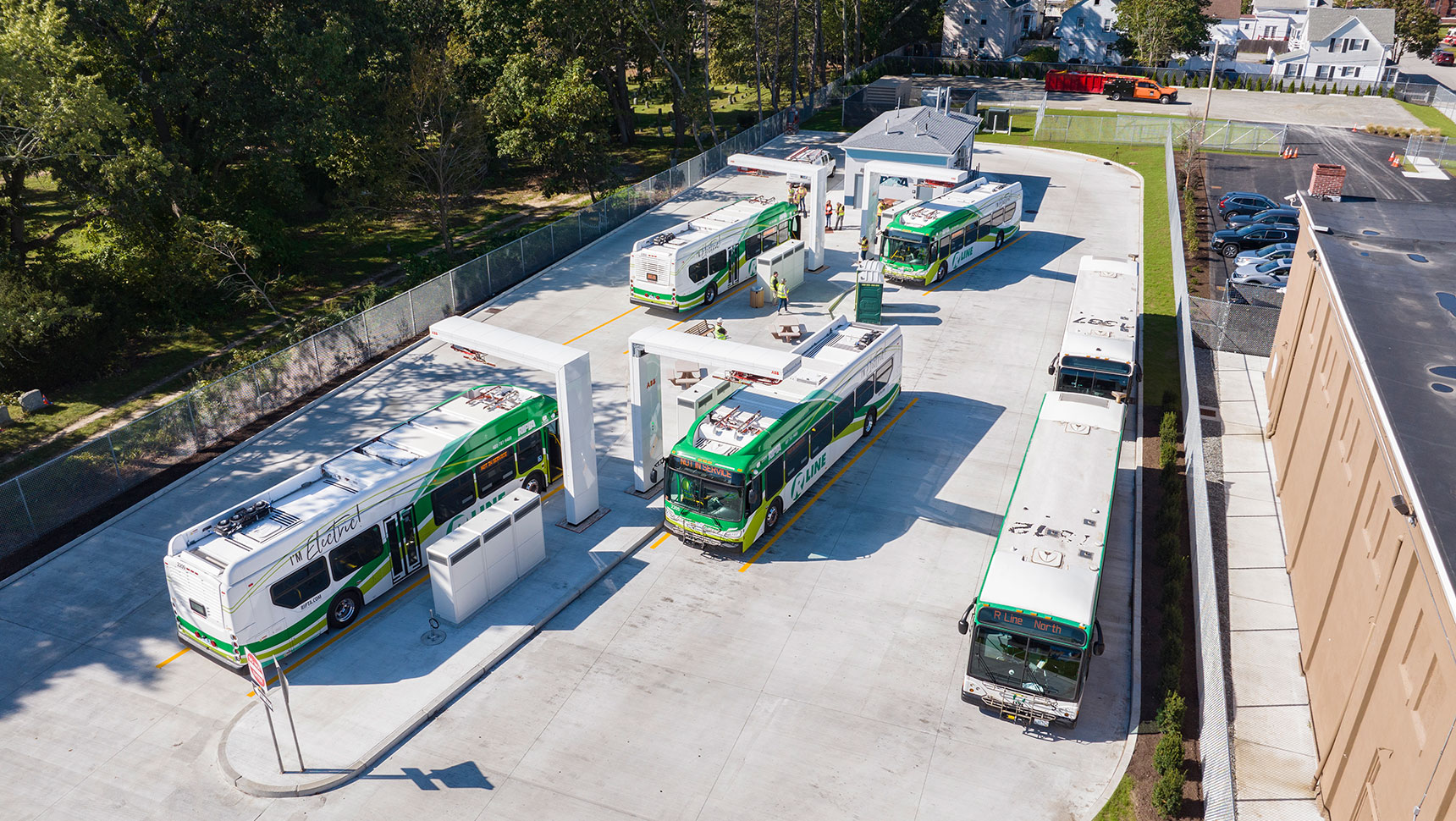Climate Resilience and Sustainability


Fuss & O’Neill is committed to helping communities and businesses adapt and thrive in a changing environment. Our dedicated team of climate resilience and sustainability professionals offers comprehensive services to help our clients prepare for the impacts of climate change, reduce their environmental footprint, and benefit from new opportunities. We offer these resilience and sustainability solutions to all our clients, for all project types, as environmental stewardship is a core tenet of our firm.
Our team combines decades of experience in engineering, science, and planning with expertise in climate change impacts and solutions. We work closely with our clients to understand their unique needs and develop solutions that are tailored to their specific challenges and goals. Fuss & O’Neill is a proponent of using nature-based solutions to manage stormwater, mitigate heat island effects, and improve ecological health. We identify funding and financing sources for our clients and build stakeholder awareness and support for climate resilience and sustainability initiatives.